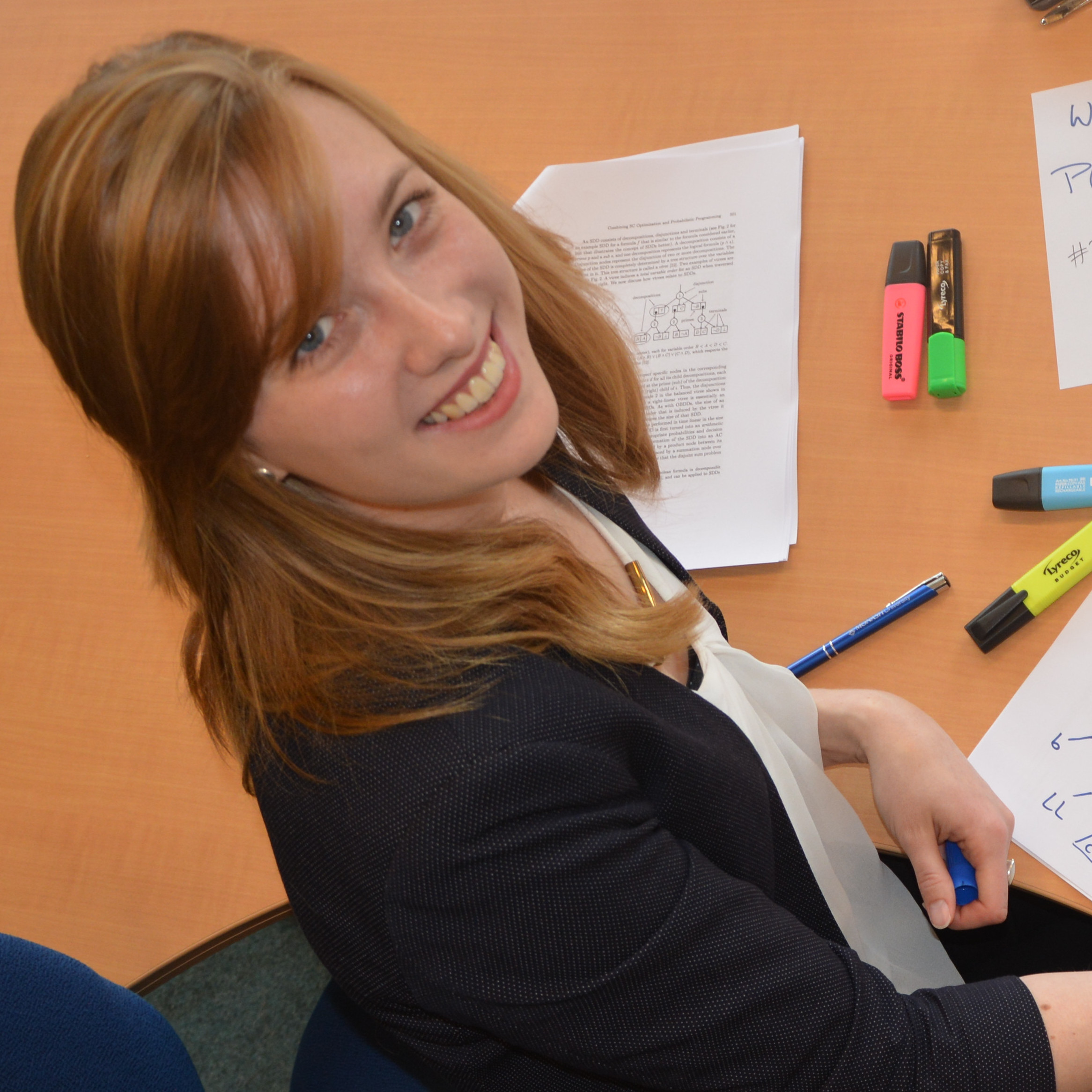Introducing ASK: the Academic Survival Kit
Published:
4 minute read
Today marks my 1-year anniversary as an assistant professor at Delft University of Technology. It’s time to ask some questions.
Students and student supervision
During this year I have had the pleasure of supervising 21 students in their research projects. These are students with different nationalities, different academic backgrounds, and different visions of their futures. Supporting them has been challenging.
I try to provide my students with resources and signposts to guide their research. Where possible, I provide them with a short “getting started” document. This document should guide them through the first two weeks of their project, and provide pointers for the time after that. During the project I point them to more resources, when they become relevant.
Despite all this, students get stuck. This isn’t surprising. Up until doing their first research projects, most of what they have done has essentially been school work. They’ve been held by the hand as they complete well-defined and well-bounded tasks, with a clear grading rubric and clear expectations. Now, they are suddenly faced with the realities of research.
They are venturing into the unknown, while having to collaborate with other students that they may not even have met before, while managing a supervisor (me) who is overworked and busy, and while navigating the realities of shared computer resources. They have to read dense literature to find the answers to their own questions, instead of being spoon-fed material from a pre-defined curriculum. They have to use their creativity to come up with research questions, which they then have to explain and motivate. They have to communicate their thoughts through written text, figures and presentations. It is a lot for them to handle, and sometimes they get stuck.
The power of asking questions
Before I can help them get unstuck, I need to know what they want to do and how they are stuck. This requires me asking them many, many questions. I can sense that my students are sometimes annoyed by me asking so many questions, but I do it because I want them to succeed. I want to make sure that they are heard and understood, so we can have meaningful discussions and make progress on their projects.
Sometimes this works out. A few weeks ago I had a very productive meeting with five of my students, causing me to include this message in my follow-up email:
Thanks everyone for your great questions during the meeting. That was a lot of fun, well done!
And this is when it hit me. The best meetings I have with my students are not those in which they present their findings to me, or in which I go over some technical details that they need to know. The best meetings are those in which most of the dialogue consists of us asking each other questions.
I have always been afraid to ask questions. I struggle to capture my thoughts into words that another person can understand. I am afraid of looking stupid. I do not want to waste other people’s time.
And yet: I love being asked questions. When I present my work to people, their questions either give me the opportunity to hit them with all the fun details that couldn’t fit in the main presentation, or give me an opportunity to learn something new about the problem or the field or the question-asker. Either way: I win! And let’s face it: science is about asking questions.
ASK: the Academic Survival Kit
However: I noticed that my students often weren’t asking the questions they needed to ask. This is why I am creating ASK, the Academic Survival Kit, to answer those questions before they even know to ask them.
In the ASK (Academic Survival Kit) series of blog posts I will ask and answer research-related SNNAQs. These are Smart, but Nearly Never Asked Questions, that should in fact be FAQs. I aim to do so in a bite-sized, easily-digestible manner (all puns intended). The series will include updated versions of some of my earlier blog posts, and of course a lot of new material.
Please click here for a list of all posts in this series.
How to contribute?
This launch wouldn’t be complete without my question for you: which questions would you like to be asked and answered? Please get in touch to let me know!
